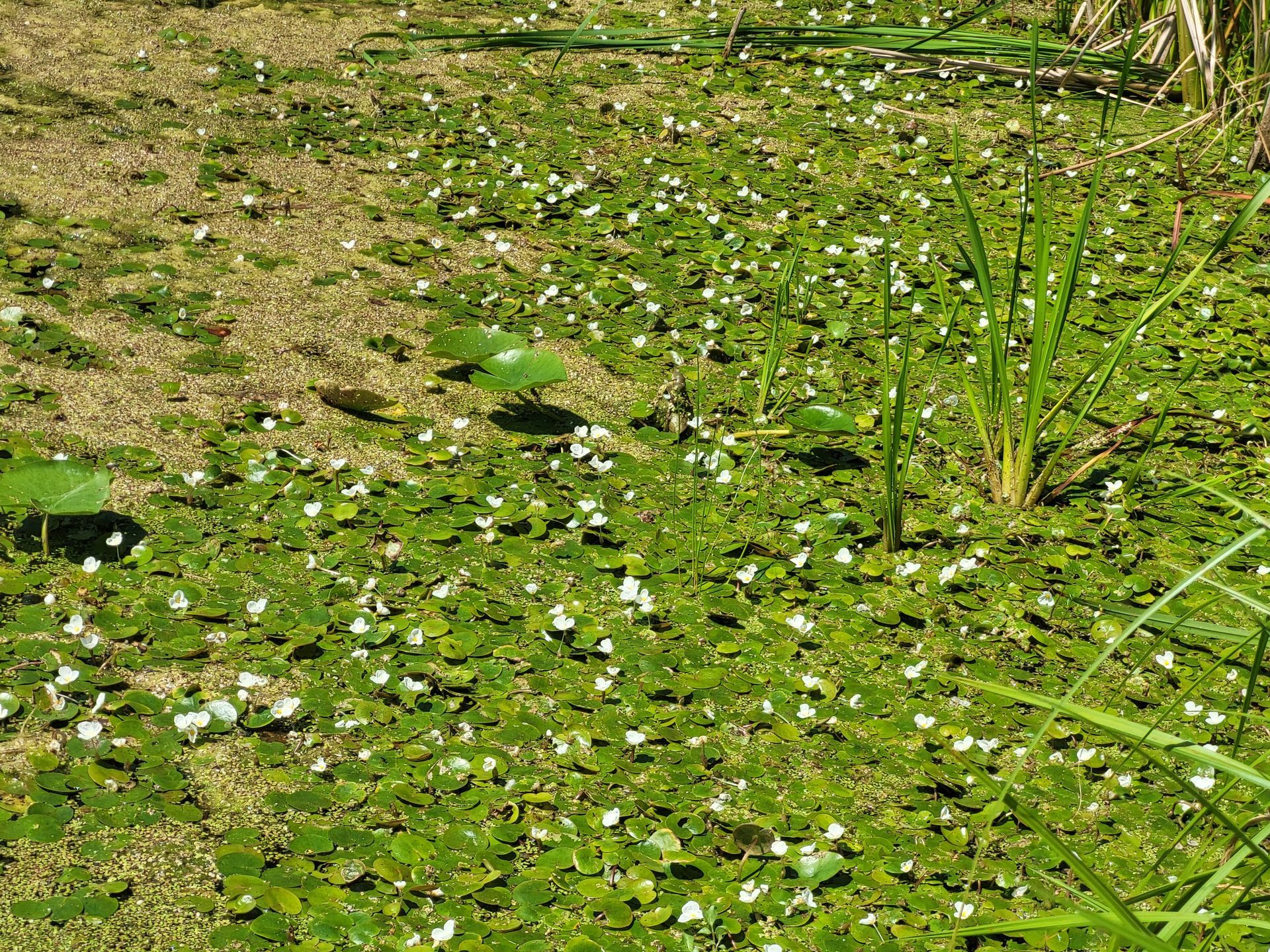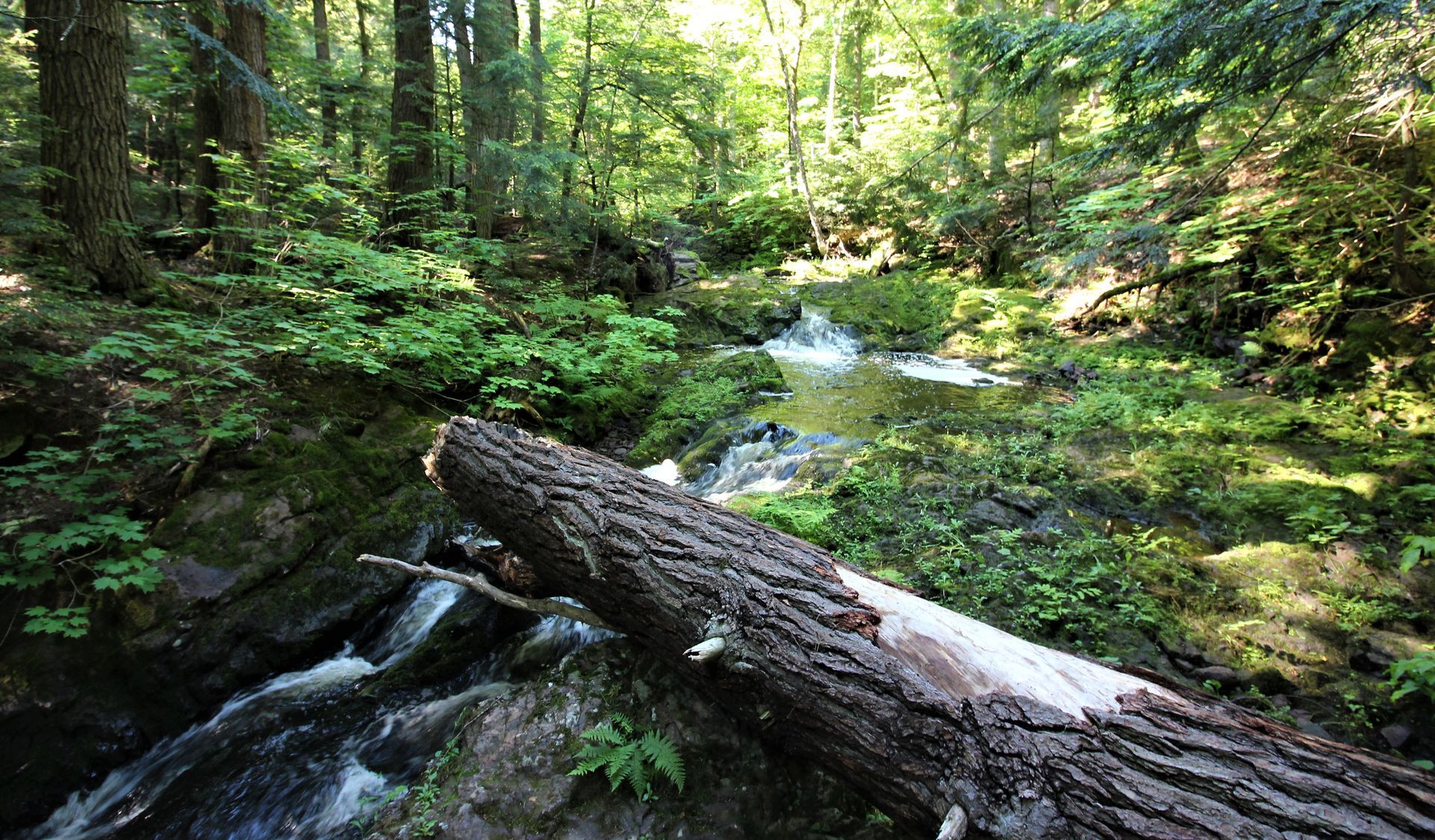January NRC: Elk season results, wildlife division regulation schedule discussed
Commissioners heard elk season results and received an outline of the 2022 NRC regulation schedule from the wildlife division at their January meeting.
The Natural Resources Commission (NRC) met Thursday at the Michigan Library and Historical Center Forum. Chair Carol Rose gaveled in the meeting at 9 a.m.
The January meeting was the first for new commissioners Mark David Anthony and Leslie Love, appointments of Gov. Gretchen Whitmer, though neither were present at the commission meeting. Their appointments were announced on January 7. Both appointments are Democrats, and the commission is required to be bipartisan, with no more than four from a single party. The governor can not appoint another Democrat to the commission unless one comes off first.
Michigan United Conservation Clubs thanks J.R. Richardson of Ontonagon, whose recent term on the commission ended on Dec. 31, 2021, for his years of service to the Natural Resources Commission, Michigan’s outdoor heritage and conservation.
Director’s Report
DNR Law Enforcement Division Chief Gary Hagler presented the American Legion Award to Conservation Officer Jeff Ginn. Hagler said Ginn’s commitment to the department and public service is unmatched.
“The American Legion helped shape him into the officer he is today,” Hagler said. “CO Ginn has been part of five life-saving rescues, as we can see from the ribbons he displays on his uniform.”
DNR Wildlife Chief Jared Duquette presented the 2022 NRC regulation schedule related to wildlife division:
- Furbearer: two-year cycle, regulations set for 2022 and 2023 season; up for information in February and possible action in March
- Migratory game birds: The US Fish and Wildlife Service sets bag limits and season frameworks; regulations will be set for 2022 and 2023; three-year cycle for opening dates and managed waterfowl area regulations; up for information in February and March
- Elk: two-year cycle, regulations for 2022 and 2023 season; up for information in March and possible action in April. Preliminary 2022 season results will be presented in October
- Fall turkey: three-year cycle, regulations set for 2022, 2023 and 2024 seasons; up for information in April and possible action in May
- Deer: three-year cycle, regulations set for 2020, 2021, and 2022 seasons, up for review in 2023. Constantly monitoring deer data in cycle and prepared to make changes outside cycle if necessary. Deer harvest reporting up for information in May, for action in June. Deer harvest survey report available in June
- Spring turkey: three-year cycle, regulations set for 2023, 2024 and 2025; up for information in October and possible action in November
MUCC thanks the department and Chief Duquette for presenting on upcoming, expected regulation changes that are on multi-year cycles, said Nick Green, MUCC public information officer.
“Knowing what regulation changes are coming down the pipe and allowing stakeholders the ability to proactively tease these issues out months in advance is invaluable,” Green said. “Regardless of positions, more time to discuss elevated issues in open forums rather than constricted by public appearance guidelines would benefit all of us in the conservation arena.”
Chief Duquette also talked about timelines related to the wolf and bear management plans and the digest printing schedule. The DNR Fisheries Division did not provide a 2022 regulation update.
Commissioner Dave Nyberg brought up the issue of harvesting two tom turkeys in the spring after Duquette’s presentation. He noted that the topic might be a good topic of discussion for the NRC wildlife committee when it starts to meet. MUCC has a 2021 member-passed resolution on the matter .
Later in the meeting, Chair Rose also indicated that improvements to the tracking dog regulations is another area for the wildlife committee to discuss, an area MUCC and member groups have testified in support of in the past.
Mark Monroe, from DNR Forest Resources Division, presented a forest road inventory update .
The DNR preliminary elk season results were also presented by deer and elk program specialist Chad Stewart. Hunt period one resulted in 73 harvested elk, including 29 bulls and a 75 percent success rate. Hunt period two resulted in 140 harvested elk, including 47 bulls, five calves and an 89 percent success rate.
Director’s Orders
The director indicated he intended to sign a host of land transactions and a land-use order. Those orders can be found on the agenda.
The next meeting will be on Feb 10 in the Lansing area, though a location has not yet been announced.
The post January NRC: Elk season results, wildlife division regulation schedule discussed appeared first on Michigan United Conservation Clubs.
Recent Posts



